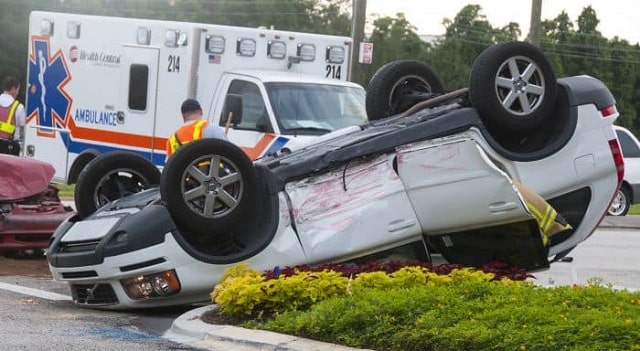What To Do After An Accident
After an accident, the injured parties should first seek medical attention for themselves and anyone injured in the accident. The overriding priority is making sure that everyone is safe and getting the treatment they need. Once the injured party is on the road to recovery, he or she will need to file a claim with the at-fault driver’s insurance company. The driver may have already notified their insurance carrier, who may have started an investigation. In filing an insurance claim, the injured driver will need to tell the insurance company the basics about the accident:
(1) who was injured;
(2) the identity of the insured;
(3) the insurance policy information; and
(4) whether a police report was filed and by which police department.
Assuming the insurance company or the driver doesn’t contest the insured driver's fault, the insurance company will usually offer a settlement. However, if the driver's fault is contested, the injured party and his or her attorney may need to take the matter to court.
Importantly, the insurance company is not the injured party's friend. The insurance company will consider every available option to reduce or avoid paying a settlement.
Structuring The Settlement
Settlements and judgments are paid in a single lump sum meant to make the injured party whole. However, the injured party can request that the defendant purchase an annuity that will insure for the injured party's benefit. The annuity is a structured settlement that pays amounts regularly. Injured parties can also purchase their own annuity using the settlement proceeds.
Medical Bills And Lawsuits
People who suffer severe injuries must carefully catalog their anticipated ongoing medical expenses. Injured parties can request an expert's assistance – such as an economist – who will calculate the ongoing medical expenses to provide a comprehensive figure.
The injured party must request an adequate amount of money that
(1) pays for previous expenses and
(2) covers future losses.
Future losses include ongoing medical bills – such as prescriptions, doctor visits, tests, procedures, and physical therapy, as well as lost wages and costs associated with the injury. For example, if the injured party is forced to take taxis because he or she can’t drive, those costs may be recoverable. Injured parties are also entitled to monies to reimburse them for the pain and suffering of dealing with the accident.
No-Fault States
In no-fault states, injured parties are covered by their insurance carrier. The insurance carrier will reimburse the injured party for medical bills, lost wages, and other accident expenses. In general, no-fault insurance carriers pay out settlements faster than fault insurance carriers. The no-fault carrier will then seek reimbursement from the insurance carrier of the at-fault driver. However, once a settlement is made, its obligation is concluded. Therefore, injured parties must demand enough funds to cover their anticipated future medical expenses.

